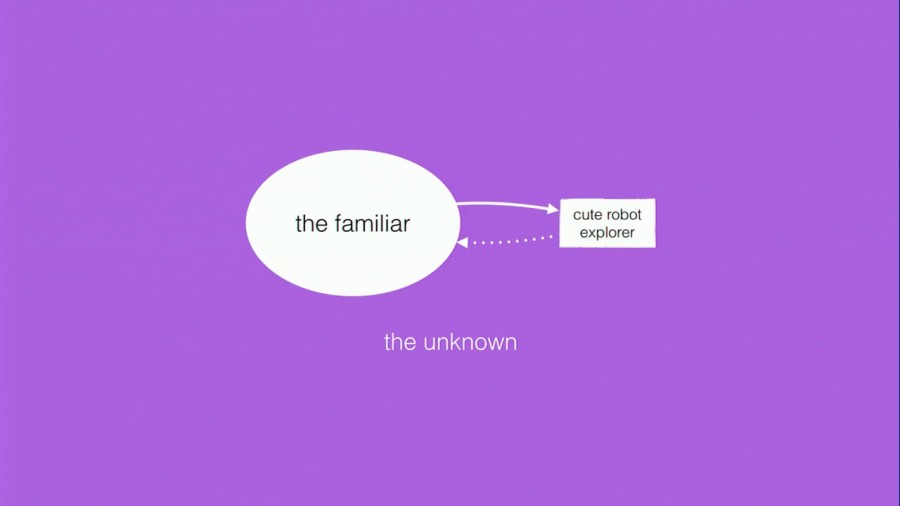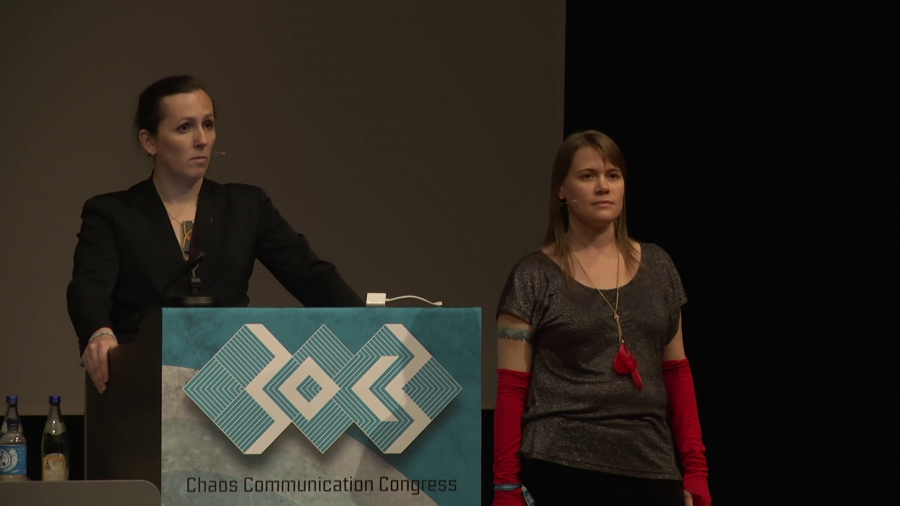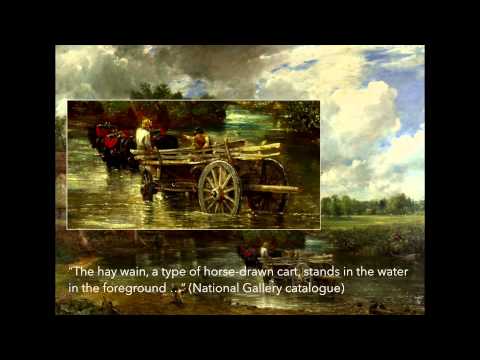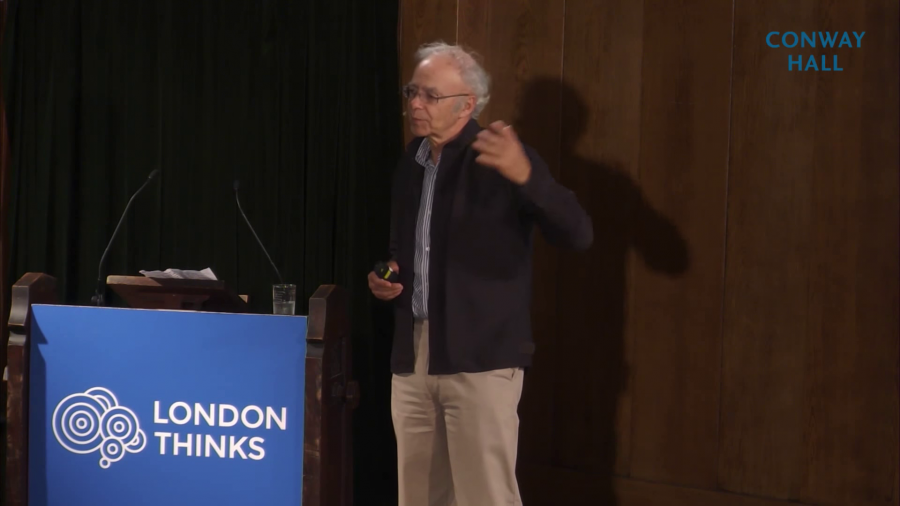Unfortunately at the moment I think typically philanthropy is not being used very effectively, and that’s partly because of the kind of non-judgmental attitude that philanthropy advisors and people generally have about philanthropy.
Archive (Page 4 of 4)
Designers do spend a fair bit of time thinking about what materials to use, but they don’t necessarily think about why those materials have the properties that they have.

I’ve made it my goal as a computer poet not to imitate existing poetry but to find new ways for poetry to exist. So what I’m going to do in this talk is take this metaphor of exploring literature to its logical conclusion.

Geek culture and hacker culture used to be relatively apolitical, but now every action that you take and every piece of code that you write has political effects. You may may intend some of these effects, you may not intend most of these effects, but they’re there and we need to start thinking about and understanding these changes.

I’m going to be talking about how the arts engage ethically and politically with the technization of the food chain, the chain or flow of sustenance from field to dinner plate. This is an inter-disciplinary talk but don’t worry, I won’t be claiming quite that poems and paintings are computational machines for working out social policy, because that would be crazy. But if I’m not willfully misunderstanding Joscha’s excellent talk on the computational universe, it seems that a likely candidate for the substrate of consciousness is the numinal, the realm of ideas, and that’s precisely where art and literature lives. So it’s the ideal place for deep processing of ethical issues, the big issues like food and tech.

